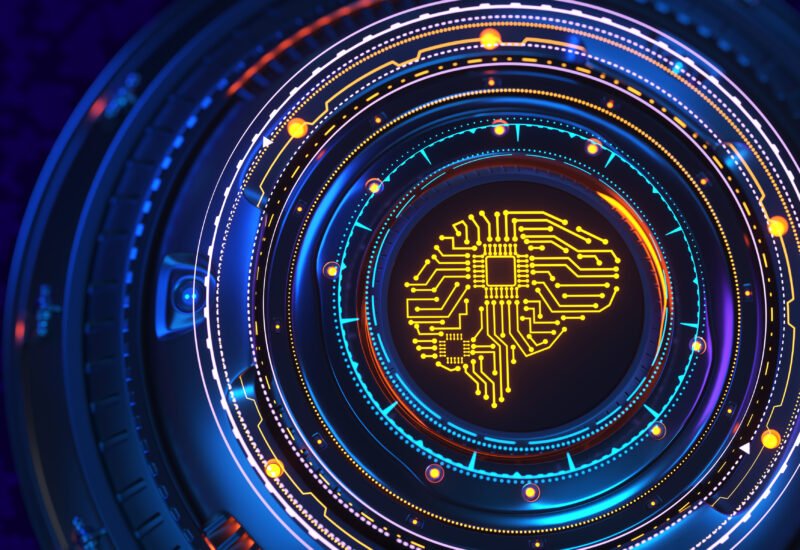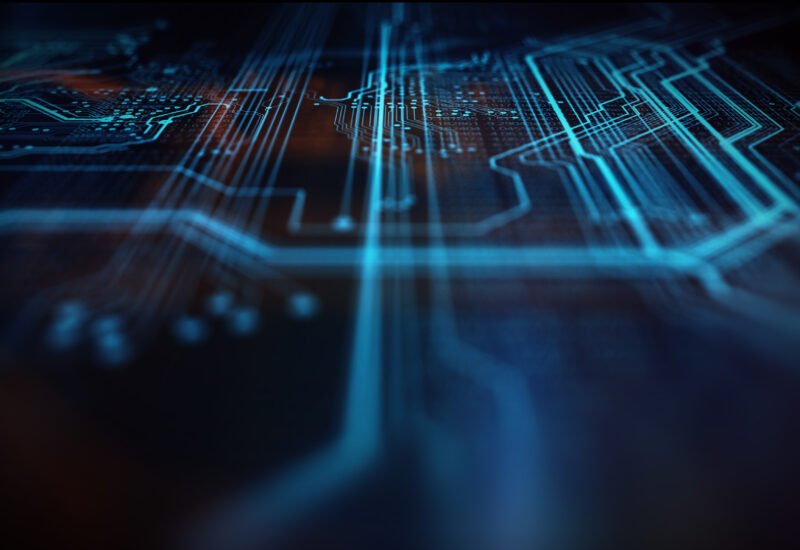In this age of such rapid development of functionalities such as chatbots, which include: ChatGPT-4, Perplexity AI, Jasper AI, Rytr, etc., it is extremely important to properly verify the contractor who offers us services to provide texts for a specific website, for example. In the last quarter, the Internet has been flooded with advertisements from people who offer services related to the creation of texts on specific topics, while at the same time offering basically unlimited capacity. How is it possible that only a few months ago, the same writer was only able to produce a certain number of texts per month, whereas today the capacity of the same person is practically unlimited? It is all thanks to the discovery of the function of text production with the help of artificial intelligence (AI). Naturally, this publication is concerned with circumstances in which the contracting authority does not want the selected writer to use chatbot tools to create texts (there are, of course, circumstances in which the contracting authority even expects such solutions, but this is a subject for a separate publication).
Proper vetting of authors (copywriters) is essential.
More and more text authors are starting to use AI solutions. In order to avoid receiving a text from its author that is basically the same as another text found on another website (this is possible if, for example, the same words, wording etc. are used in a query to a chatbot), the author must be verified and checked. As usual, up-to-date references and relevant contractual provisions prove invaluable. It is worth adding a provision according to which, if the contracting authority becomes aware that the submitted text has been prepared using artificial intelligence, then the contractor will be obliged to cover a contractual penalty. This circumstance may effectively scare off a dishonest contractor already at the stage before the contract is signed.
What should you do to avoid coming across a rogue author (copywriter)?
In addition, it is a good idea when looking for text writers to make it clear that the site is not interested in working with authors who use AI. There are quite a few advertisements on the Internet, in which the ordering parties explicitly indicate that they have software that checks whether a given text was written using AI algorithms. The above measures should already eliminate submissions from dishonest contractors (authors, copywriters) at the outset. It is also a good idea to check the submitted text yourself by entering its title (subheadings) into the chatbot generator. In addition, it should be considered reasonable to have documentation (e-mail exchanges) with the potential author of the texts, the content of which will make it clear that the development of the texts cannot be based on the use of the functionality provided by chatbot tools. This has more evidentiary value and makes it easier to demonstrate what the client's actual intention was.
An author of texts who submits studies generated by artificial intelligence cannot transfer copyright to them, as such texts do not constitute a work within the meaning of the provisions of the Act of 4 February 1994 on copyright and related rights (Journal of Laws of 2022, item 2509) - hereinafter the 'Copyright Act', as discussed in more detail in the previous publication. Such an author cannot, for the same reason, also consent to the exercise of a dependent copyright within the meaning of Article 46 of the copyright pr. (i.e. the right to further intervene in the text). There is a multitude of potential problems, therefore it is worth thoroughly verifying the selected author and cooperating only with trustworthy and reliable authors, who create their textual works, which unquestionably constitute a work in accordance with the provisions of the copyright law.
Legal basis:
Act of 4 February 1994 on copyright and related rights (Journal of Laws 2022, item 2509).


